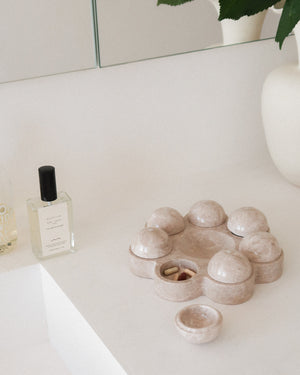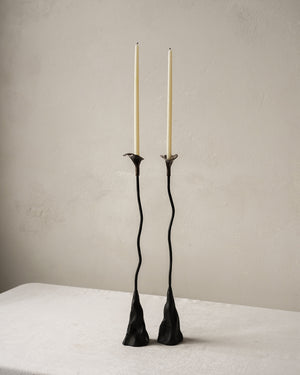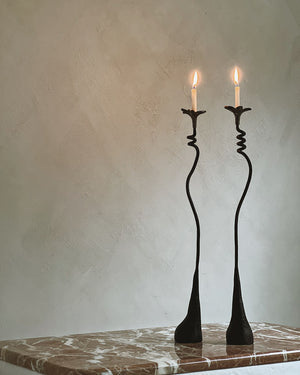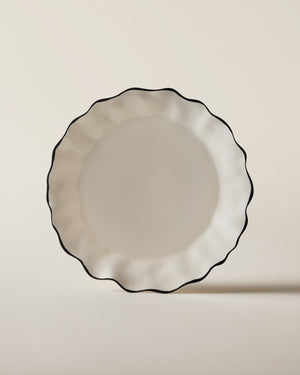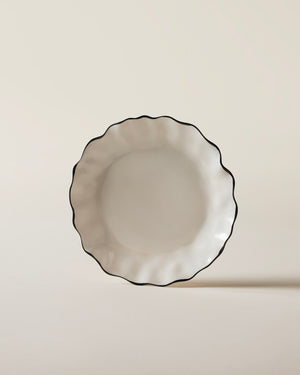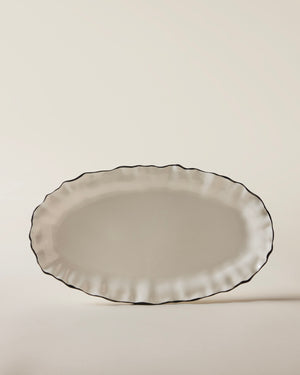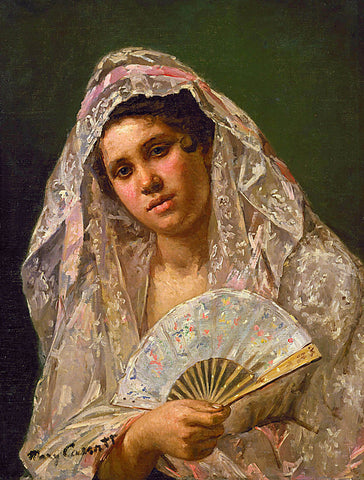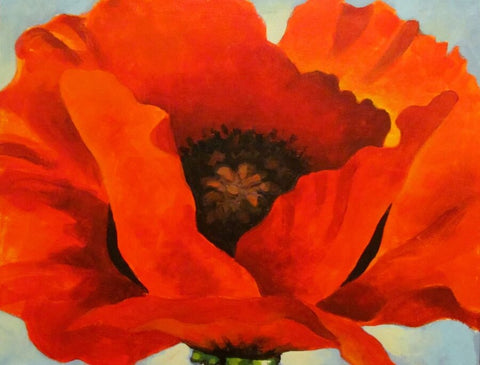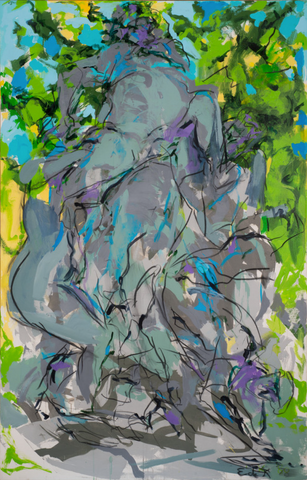FEMALE PAINTERS YOU SHOULD KNOW
In honor of International Women's Day, we've collected some of the most influential American female painters we think deserve your attention. At LES Collection, a female-founded and run company, we are especially proud of our roster of female artists that we are privileged to get to work with every day. Today we celebrate and thank the women who came before us - the women who were bold enough to stand up alongside the men, and the ones who carved out a distinct place of their own within art history. As always, please let us know who we should add to our list!
Mary Cassatt, 1844-1926Mary Cassatt began her arts education at the Pennsylvania Academy of the Fine Arts in Philadelphia, at the early age of fifteen. Cassatt soon moved to Paris, where she studied privately under Jean-Leon Gerome since women could not yet attend the Ecole des Beaux-Arts. She would stay in France for much of her life, where she was one of the few females, and only Americans, to exhibit alongside the Impressionists. Her work focused on the social and private lives of women, and in particular the relationship between mother and child. |
Mary Cassatt, Portrait of the Artist, 1878 |
|
Spanish Dancer Wearing a Lace Mantilla, 1873 |
|
Lydia Crocheting in the Garden at Marly, 1880 |
|
Lilacs in a Window (Vase de Lilas a la Fenetre), 1880-83
|
|
Children Playing on the Beach, 1884 |
|
Woman Bathing (La Toilette), 1890-91 |
|
Young Mother Sewing, 1890 |
|
Mother and Child (The Oval Mirror), 1899 |
Georgia O'Keeffe, 1887-1986Born in 1887, Georgia O'Keeffe was an American artist and considered to be the "Mother of American Modernism". She played an important part in the development of modern art in America, becoming the first female painter to gain respect in New York's art world in the 1920s. She pioneered the new Modernist style with her large-format watercolor paintings of natural objects like flowers, animal skulls, and, later in her life, the landscapes near her Santa Fe, New Mexico home. |
 Photograph by Philippe Halsman
|
|
Grey Line With Black, Blue And Yellow, 1923 |
|
Pink Tulip, 1926
|
|
Red Poppy, 1927 |
|
Jack-in-Pulpit Abstraction - No. 5, 1930 |
|
Cow's Skull: Red, White, and Blue, 1931 |
|
From the Faraway, Nearby, 1938 |
|
My Front Yard, Summer, 1941 |
Elaine de Kooning, 1918-1989Elaine de Kooning was an American painter, writer, and teacher. Although she was a major figure in both the Abstract Expressionist and American Figurative Expressionist movements of the 1940s and 1950s, de Kooning eschewed developing a singular style and instead painted in a range of modes from realism to abstraction. A skilled portraitist, de Kooning was commissioned to paint then. President John F. Kennedy in 1963. |
Photograph by Timothy Greenfield-Sanders |
|
Joop Pink, 1946 |
|
Self Portrait, 1946 |
|
Abstract Composition, 1956
|
|
Charging Bull, 1959 |
|
John F. Kennedy, 1963 |
|
|
|
Bacchus #3, 1978 |
|
Cave #54, Sand Wall, 1985 |
Helen Frankenthaler, 1928-2011Helen Frankenthaler, an American and New Yorker, pioneered a new style of abstract expressionist painting in the 1950s. Her signature "soak stain" method, where she combined drip techniques with her own innovation of thinning oil paints to liquid consistency and soaking her canvasses as in watercolor painting, created penetrating, saturated color. She found success at a young age and within a crowded New York field of talent, including Elaine de Kooning, and Lee Krasner - her seminal work, Mountains and Sea, 1956-59, was finished before her twenty-fourth birthday. |
Photograph by Alexander Liberman |
|
Painted on 21st Street, 1950 |
|
Jacob's Ladder, 1957 |
|
Mountains and Sea, 1956-59 |
|
Cool Summer, 1962 |
|
Small's Paradise, 1964 |
|
Sea Level, 1976 |
|
Sphinx, 1976 |
|
Grey Fireworks, 1982 |
Kara Walker, b. 1969Kara Walker, born in Stockton, California, is a leading artist in her generation. She works in a variety range of mediums, including prints, drawings, paintings, sculpture, film, and the large-scale silhouette cutouts she is most known for. Her dynamic and provocative work uses contradiction to comment upon the ongoing themes of slavery, sexism, violence, and identity. Walker first gained attention in the 90s, and continues to create and exhibit work today. |
Photograph by Ari Marcopoulos |
|
Untitled, 1997 |
|
Untitled, 2001 |
|
Detail of The Ecstasy of St. Kara: Kara Walker, New Work (exhibition), 2016 |
|
Brand X (Slave Market Painting), 2017 |
|
Detail of The Gross Clinician Presents: Pater Gravidam, 2018 |
|
Barack Obama as Othello "The Moor" With the Severed Head of Iago in a New and Revised Ending by Kara E. Walker, 2019 |
|
Mother and Daughter, 2020 |
|
Book of Hours (Self and other), 2021 |
